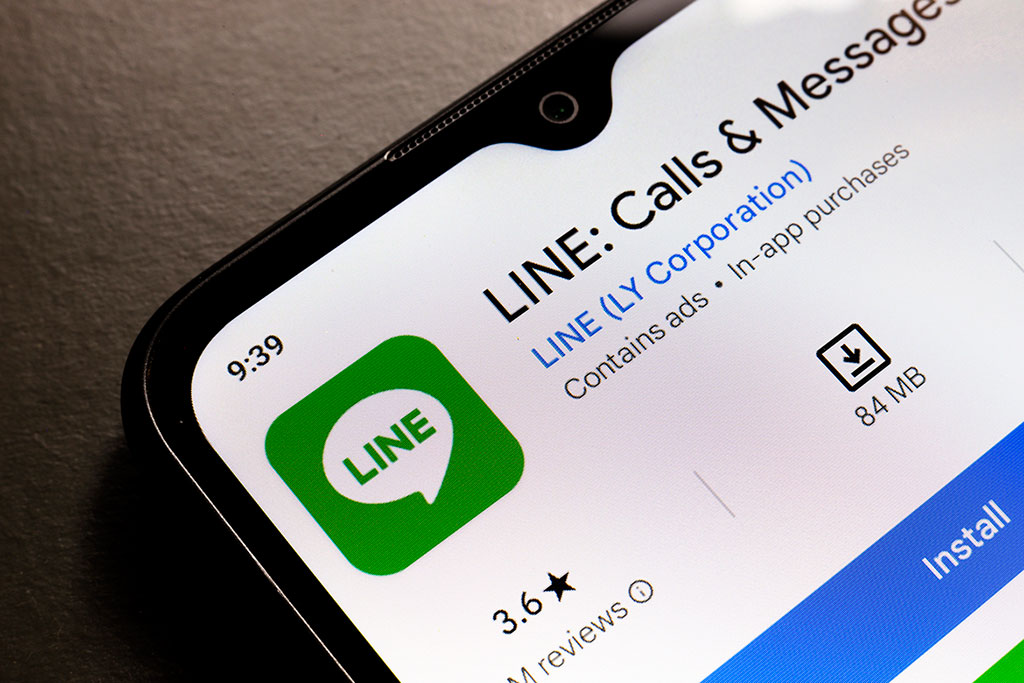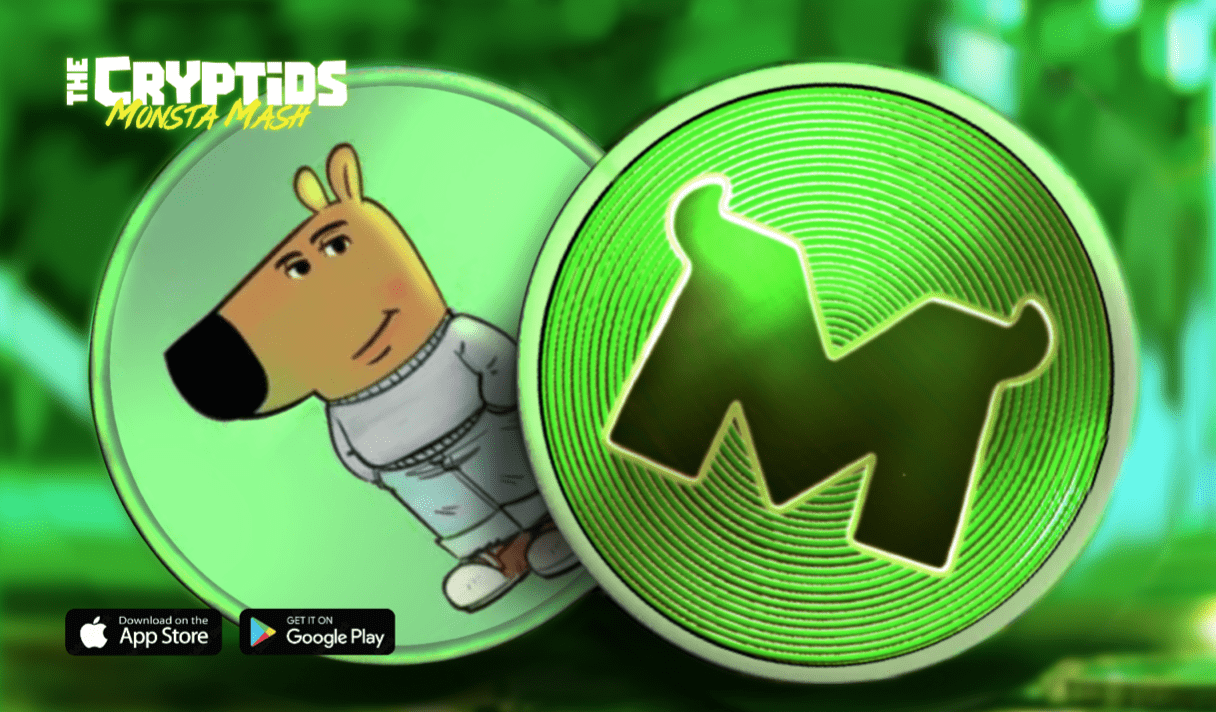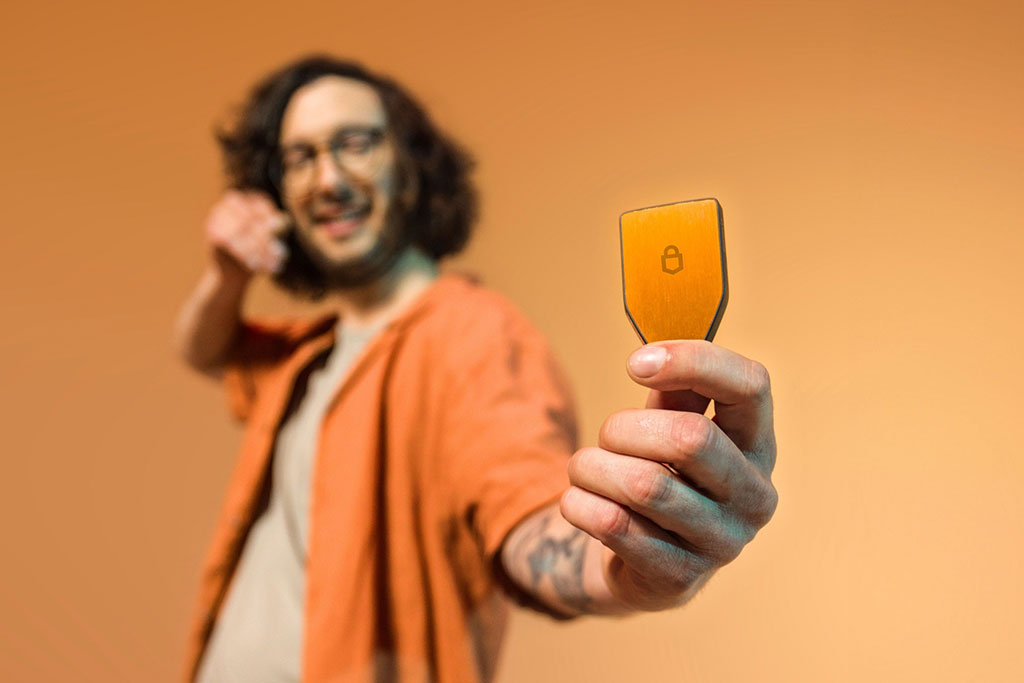ARTICLE AD
Meld is going to create tokenized financial products to offer retail investors the opportunity to lend and borrow digital assets against the RWAs.
Meld, a crypto-friendly online banking company, plans to introduce tokenized real-world assets (RWAs) to retail investors, citing an email from the company’s spokesperson.
For clarity, RWAs in crypto are digital assets representing real-world tangible assets like stocks, bonds, or derivatives outside the blockchain ecosystem. These tokens derive their value from traditional financial assets. Additionally, RWAs encompass the issuance of capital market products on-chain, where digital securities are tokenized and made available to retail customers.
In the case of Meld, the company plans to create tokenized financial products to offer retail investors the opportunity to lend and borrow digital assets against the RWAs.
Meld Partners Swarm to Offer Real-World Tokenized Assets
The neobank has partnered with Swarm Markets, a decentralized finance (DeFi) protocol that focuses on bridging the gap between the crypto ecosystem and the traditional financial system to bring the upcoming product offerings to retail customers.
Swarm provides innovative solutions that allow businesses to tokenize collateral for their customers.
Both companies signed a memorandum of understanding (MoU) that allows Meld to use its platform to provide on-chain lending and borrowing services for the RWA assets.
The move aims to open up cross-asset margin opportunities for retail investors.
“This could be really interesting as we go into the next bull run, where people can lend against their stocks to ape more into bitcoin,” the Swarm spokesperson said.
Meld and Swarm are registered in Europe. For Meld, the company is licensed by Lithuanian financial authorities as a virtual asset service provider (VASP), while BaFin regulates Swarm in Germany.
Rising Interest in Tokenized Assets
The planned introduction of the RWAs comes at a time when interest in the sector is on the rise.
According to research conducted by 21.co, an asset management firm, the value of tokenized assets across all public blockchains has already reached $118.57 billion and could reach $10 trillion by 2030. However, in the bear case scenario, the value is estimated to stand around $3.5 billion.
In terms of performance, the Ethereum blockchain led the way, among other protocols, accounting for more than 58% or $69.16 billion of all the tokenized assets.
The protocol also stood out as the most vibrant ecosystem, with over 6 million daily active users and almost 6,000 monthly active developers. Ethereum optimizes for security and decentralization, with over 800,000 validators, while other blockchains compete on speed and scalability. Tron, a Proof-of-Stakes (PoS) blockchain, came in second after Ethereum. The decentralized network boasts over $45 billion of tokenized assets, followed by Solana.
While the network came third, it was a favorite among investors for its fast processing time. Solana emerged as the winner in the scalability category with a settlement time of 0.4 seconds.

 8 months ago
42
8 months ago
42 

